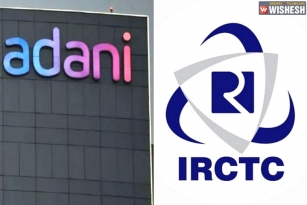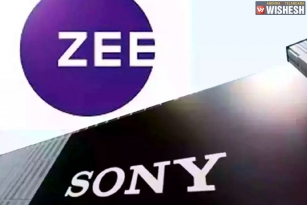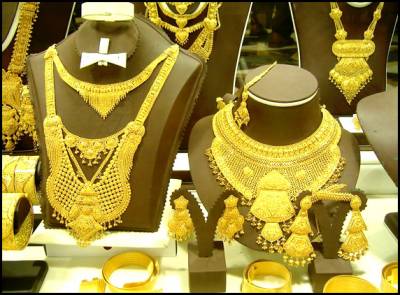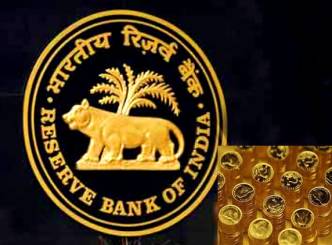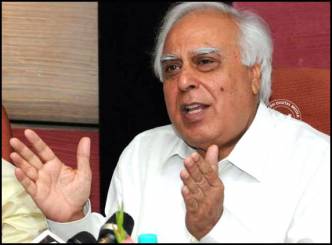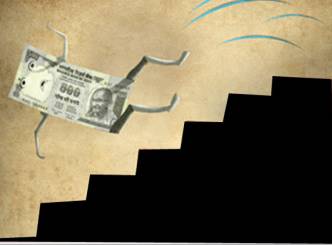
After oil imports, Gold imports are the highest to drain out Indian currency. Because of the diminishing value of Indian Rupee in the international exchange value, the Government of India took stern steps to curb gold imports by levying more duties on imports.
The Finance Minister Chidambaram appealed to the public not to buy gold any more. But the domestic demand did not come down in spite of the appeal as the Indian customs and traditions have remained the same. Only increase in the import duty on gold has curbed the import. A record high 10% duty has practically brought down the gold imports to 24 tonnes in October as against 162 tonnes in May.
The World Gold Council (WGC) observes, “Gold entering the country unofficially through India's porous borders helped to meet pent-up local demand, together with an influx of recycled gold that was drawn out by higher prices and promotions offered by retailers”.
That means the domestic demands are met by the traders because of the unofficial entry of gold into the country. The WGC originally estimated a demand of 1000 tonnes for this year but later corrected it to 900 tonnes due to the downward trend seen recently. But the estimated demand of gold in China is not altered by WGC. WGC says that until now the top consumer of gold in the world is India but the crown is going to China from India. WGC also says that the global demand has fallen by 21% because of Indian policy. It also expects that the unofficial gold flow in to India is short of the domestic demand for gold in India.
As of now, India imported gold to the extent of 714.7 tonnes whereas China imported 779.6 tonnes that means the crown as WGC says has already shifted to China. Gold consumption always is in the shape of ornaments, bars and coins.
-SriJa













